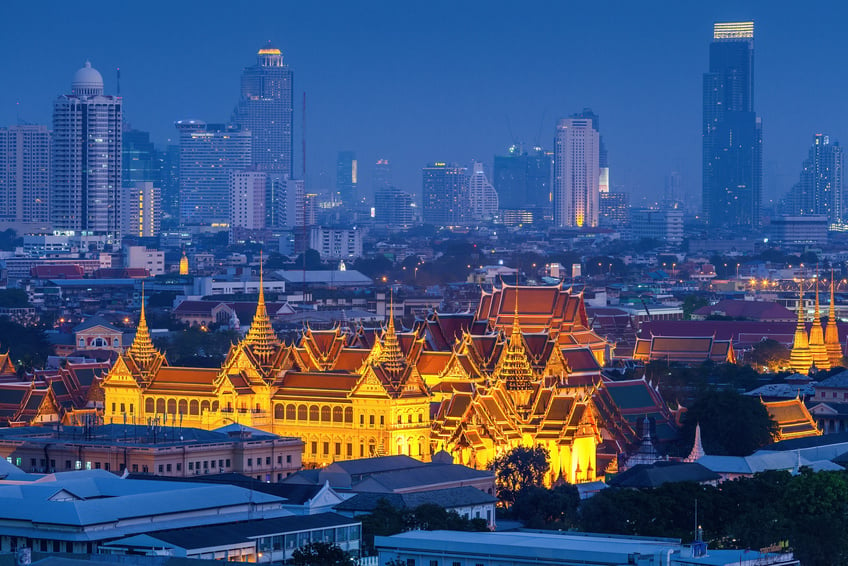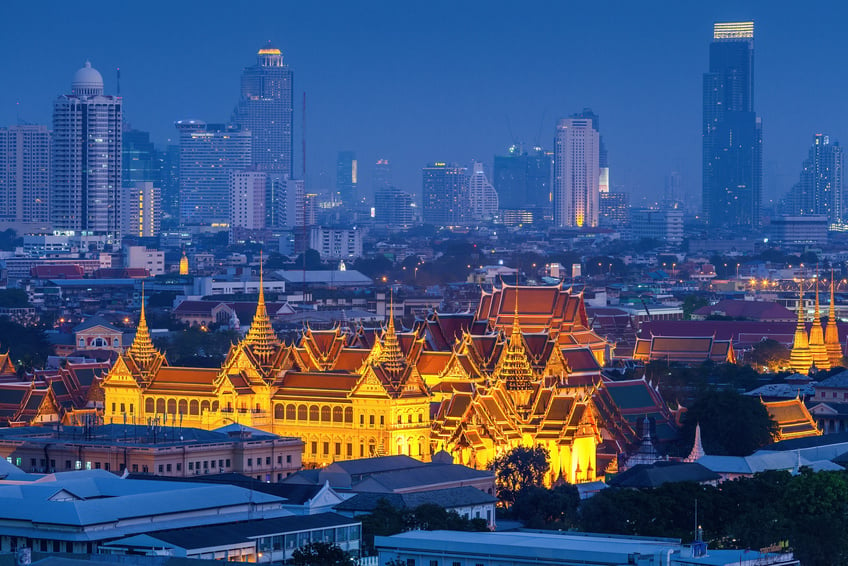The Department of Industrial Works recently introduced the Draft Industrial Waste Management Act (DIWMA), which remained open for public hearing until 1 April 2025. Similar to some other draft waste laws, namely the Draft Sustainable Packaging Management Act and the Draft Waste Electrical and Electronic Equipment Management Act, the DIWMA adopts the Extended Producer Responsibility principle, obligating operators of industrial establishments to be responsible for the industrial waste they generate until it is fully treated or disposed of.
The Department of Climate Change and Environment (DCCE) launched the second draft of the Climate Change Bill (“Bill”) in November 2024 for a public hearing. Some of the key revisions include provisions similar to the EU’s Carbon Border Adjustment Mechanism, adjustments made on the Emissions Trading System (ETS) and carbon tax provisions under the Bill. The Bill is expected to be submitted to Parliament for approval in 2025.
The Joint Crediting Mechanism (JCM) initiative, led by Japan, offers a significant opportunity for Thailand to advance its decarbonization efforts through financial support for cutting-edge technologies. By participating in JCM projects, Thai companies can obtain financial support from the Japanese government, enhancing efforts towards implementing effective greenhouse gas mitigation and removal measures, which in turn aids in achieving Thailand’s declared GHG reduction targets.
On 18 June 2024, Thailand’s Senate passed the act amending the Civil and Commercial Code (“Marriage Equality Law”), taking a historic step towards marriage equality and making Thailand the first country in Southeast Asia to legally recognize same-sex marriage. The new law is currently awaiting royal endorsement and will come into force 120 days after publication in the Royal Gazette. Companies should start reconsidering their HR rules and policies in light of the Marriage Equality Law.
The personal income tax exemption amount on severance pay for terminated employees is now increased, following the publishing of the relevant Ministerial Regulations in the Royal Gazette. On 26 June 2024, the Ministerial Regulations, Volume 394 (B.E. 2567), (2024) under the Revenue Code Regarding Revenue Tax Exemption (“Ministerial Regulation”) was published in the Royal Gazette on 17 July 2024 and has already entered into force from that date. As a result, the personal income tax exemption amount on severance pay for terminated employees is now increased to the employee’s last 400 days’ wages or THB 600,000, whichever is less.
The Cabinet has recently approved in principle the Draft Ministerial Regulation under the Revenue Code Regarding Revenue Tax to increase the personal tax exemption amount on severance pay for terminated employees, aligning with the new maximum rate of severance pay. This change is intended to further ease the financial burden on terminated employees.
The Department of Climate Change and Environment under the Ministry of Natural Resources and Environment is pushing ahead with the second draft of the Climate Change Bill (“Bill”), which is currently undergoing the process of public hearing until mid-April 2024. It is expected that the Bill will be considered by the cabinet for approval in principle in June 2024.
The Bill lays out Thailand’s action plan for climate actions and, importantly, imposes obligations and penalties for the private sector for the purposes of advancing climate mitigation and adaptation efforts. Some of the key elements of the Bill are summarized in this article.
Thailand is taking the next step towards strengthening the legal framework on air quality control as the Cabinet approved in principle the Draft Management for Clean Air Act (“Clean Air Bill”), which was proposed by the Ministry of Natural Resources and the Environment (MONRE) on 28 November 2023. Thailand’s current legal framework to manage air quality can be seen in many existing laws that regulate the monitoring and treatment of air pollution, and specify air quality standards. There are many governmental agencies acting as regulators for the purpose of air quality control, including the MONRE, the Ministry of Industry, and the Ministry of Public Health.
With increasing awareness of carbon capture and storage (CCS) technology as a key enabler for decarbonization, many developments in this area, such as exploration for carbon storage sites, have been reported. However, presently, in Thailand, there is no legislation specifically governing such CCS-related activities. In this context, the Department of Mineral Fuels has been developing a legal framework to accommodate CCS-related activities as can be seen from the recent public hearing of the draft amendment to the Petroleum Act, B.E. 2514 (1971) (“Draft Petroleum Act”), which aims to introduce the concept of “carbon business” as another regulated activity in a similar manner to conventional petroleum concessions.






